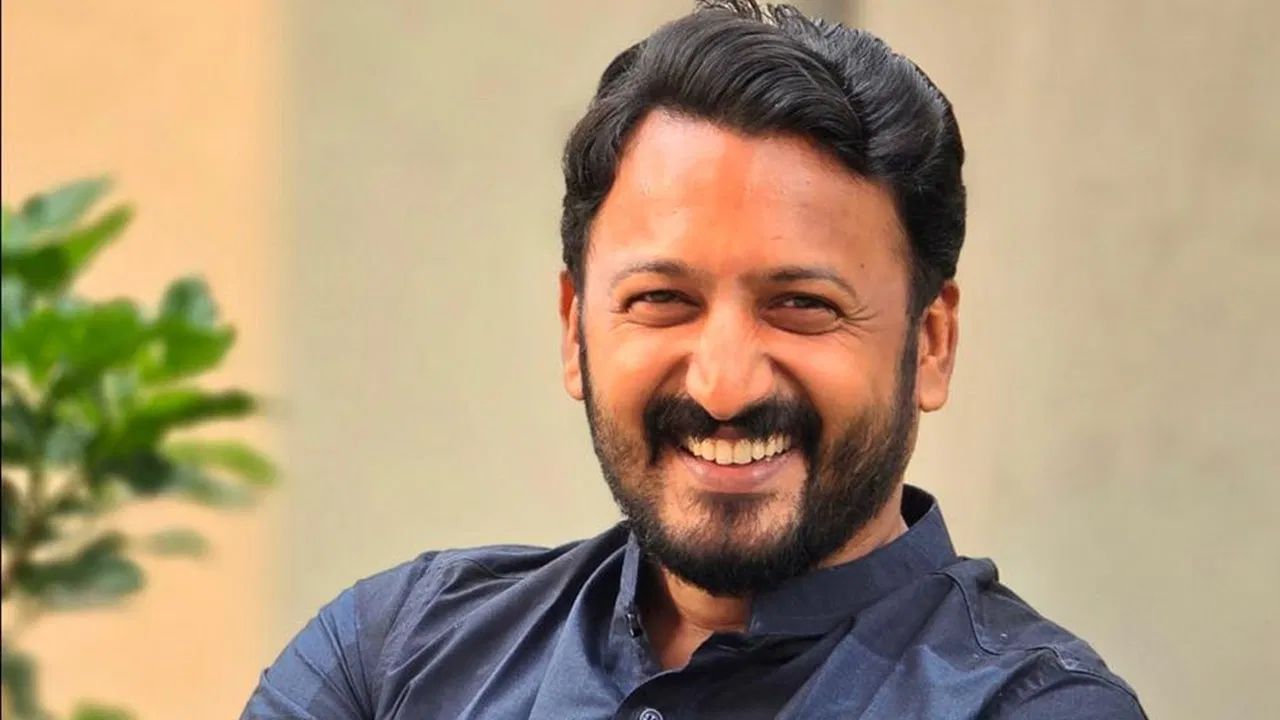New Delhi: Politics in Kerala is going through a storm. Recently, Congress MLA Rahul Mamkootathil was accused of stalking and harassing women on social media. This is not just about one man making a mistake. It is about the kind of leaders we are seeing today and the kind of leaders India truly needs. When a politician forgets dignity and respect, it does not only hurt his own image—it shakes the trust that ordinary people have in democracy.
The Fall in Standards
Once upon a time, leaders in India were respected not just for the positions they held but for the values they lived by. The white khadi clothes they wore symbolised honesty, simplicity, and sacrifice. Citizens trusted them because they followed principles. People looked up to them as examples of what it meant to live with discipline, humility, and respect.
But today, things are very different. Many leaders no longer show the same sense of responsibility. The public life that was once seen as noble has become rough, loud, and careless. Instead of inspiring confidence, many politicians compete to shout louder than the other. They forget that true leadership is not about volume, but about character.
A Changing Society
This fall in standards is not only in politics—it is also visible in our society. With the rise of technology, social media, and a culture of instant attention, respect for elders and traditions is slowly disappearing. In many homes, parents are afraid to correct their children, because they fear being insulted or exposed publicly. What was once considered a simple value—respect for elders—is now treated as old-fashioned.
The younger generation, in its search for speed and recognition, often forgets patience and humility. Many want to prove themselves quickly, even if it means showing arrogance. Sadly, politics has started to reflect this same trend. Young leaders believe that by shouting in front of cameras or insulting their colleagues, they appear strong. But in truth, such behaviour weakens politics and destroys public faith.
The Mamkootathil Example
The case of Rahul Mamkootathil shows this clearly. Whether the allegations against him are true or not, the fact that such accusations even exist points to a deeper problem. Politics today is filled with a dangerous attitude: “My mistakes are smaller than yours, so I am cleaner.” Instead of setting high standards, politicians compare their wrongdoings with others.
Chief Minister Pinarayi Vijayan called Mamkootathil’s alleged behaviour “deeply criminal.” Opposition leaders responded by saying there are scandals in every party, not just Congress. This kind of argument only makes things worse. The public does not want excuses; they want leaders who live up to the dignity of their office.
If leaders learn to see politics as service, then there is hope. India does not need leaders who are perfect—it needs leaders who are sincere, humble, and honest. People may forgive a wrong policy decision, but they will not forgive a lack of respect or dignity.
The Role of Parties
The Congress party has many experienced and mature leaders in Kerala. Why then should it tolerate behaviour that damages its reputation and alienates its voters? Protecting leaders who behave badly is not a sign of strength—it is a sign of weakness. Other parties, too, must learn this lesson. If they excuse misconduct for the sake of politics, they are only digging a deeper hole for themselves.
History shows us that arrogance in politics never lasts. Leaders who think they are untouchable eventually fall. The only thing that survives is character.
What India Needs Today
India is at a stage where citizens are tired of drama and division. They want leadership that is steady, sincere, and selfless. They want leaders who remind them of their own best qualities—not their worst instincts.
The Court of Public Conscience
In the end, politics is not judged only in elections or in parliament. It is judged in the quiet conscience of the people. Citizens remember not just what leaders did, but how they conducted themselves. Respect is like glass, once broken, it is very hard to repair.
The Mamkootathil scandal should be a lesson for all of India’s politicians. The people are watching. They are less interested in who shouts the loudest and more interested in who behaves with dignity. They are less interested in who wins the next election and more interested in who leaves behind a legacy of respect.
Conclusion
The scandal in Kerala is not just about one man’s mistakes. It is about a larger question: What kind of leadership does India want for the future? Do we want leaders who treat power as personal property or leaders who see it as a covenant of service with the people?
If Indian politics continues down the road of arrogance, misconduct and excuses, citizens will lose faith. But if politics rediscovers sincerity, humility, and moral seriousness, democracy will become stronger.
The choice is ours. As citizens, as parties, and as leaders, we must decide whether to allow politics to sink further, or to demand that it rises higher.
India needs leaders who inspire not by fear, but by hope. Leaders who protect not their own image, but the dignity of the people. Leaders who remind us that politics is not a game of power, but a responsibility of service.
And that is the real lesson from the Mamkootathil scandal.
